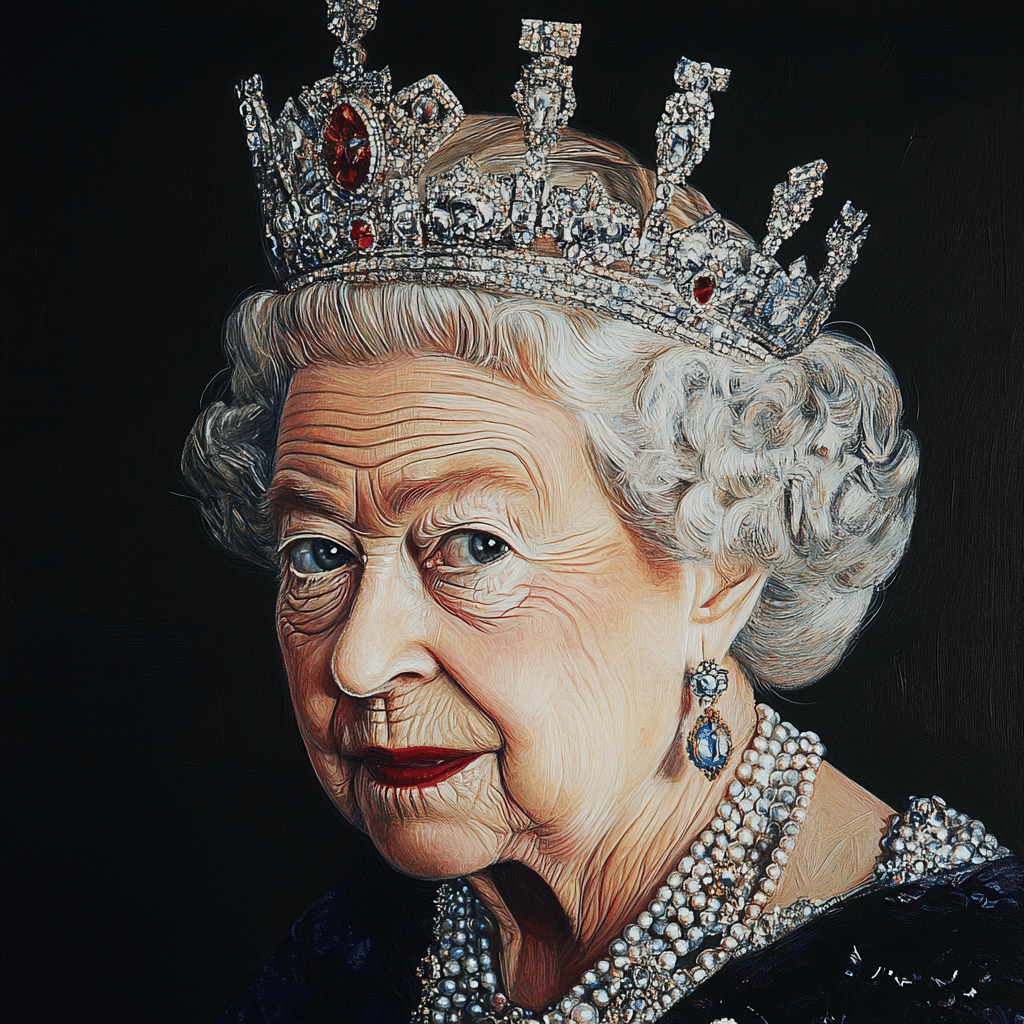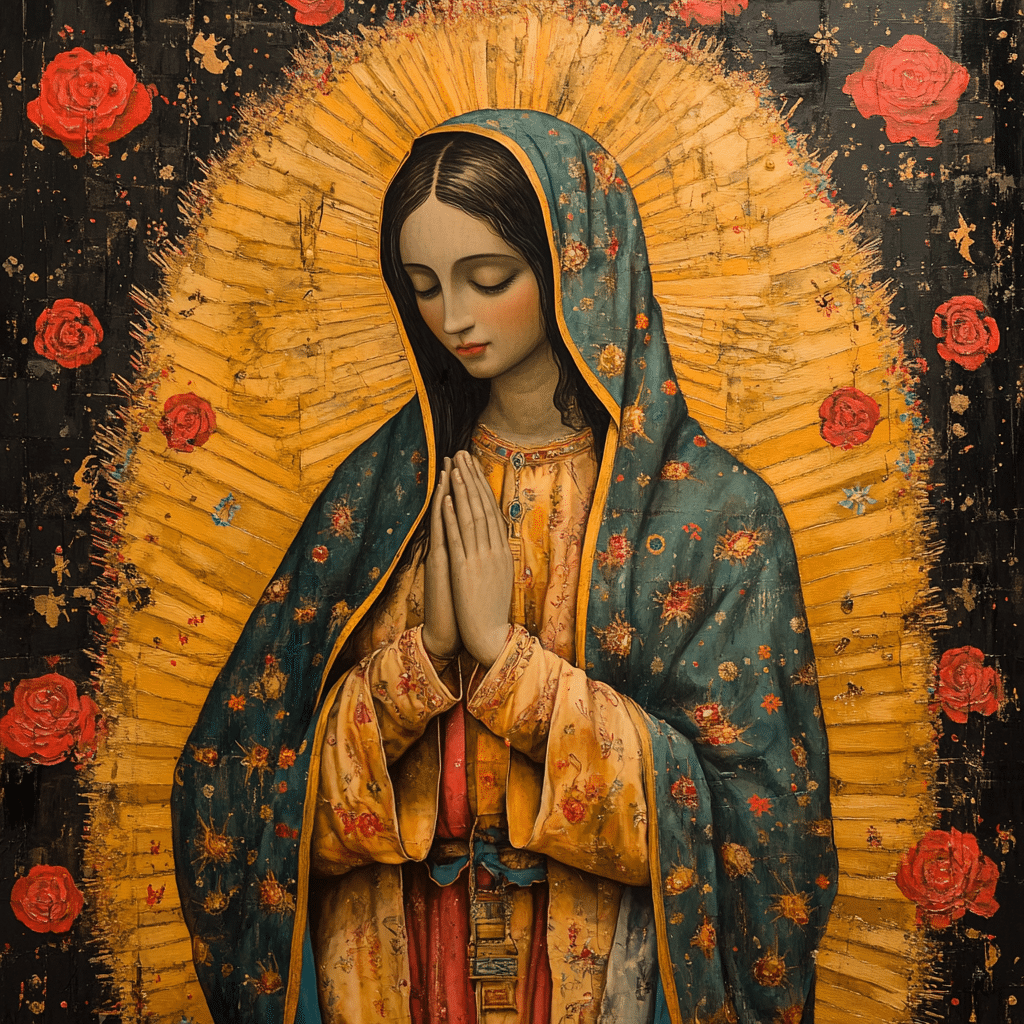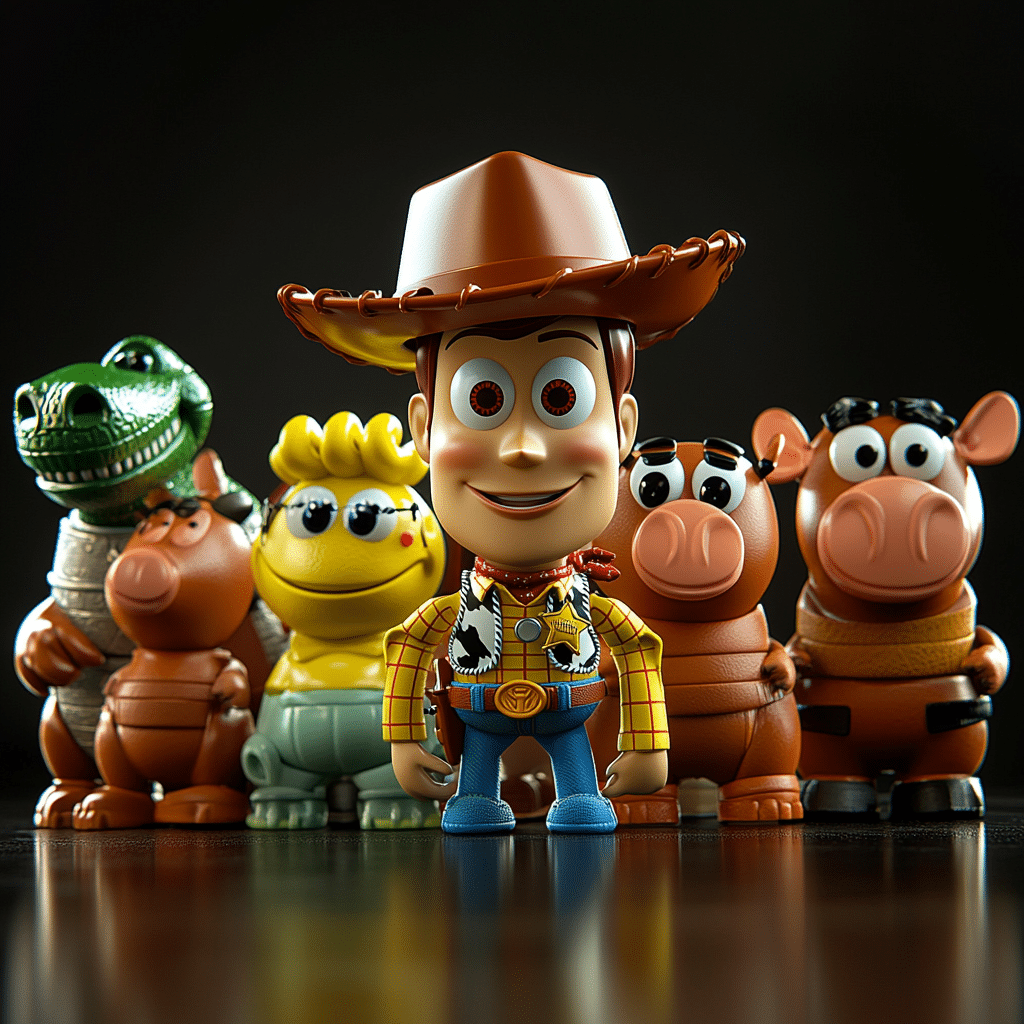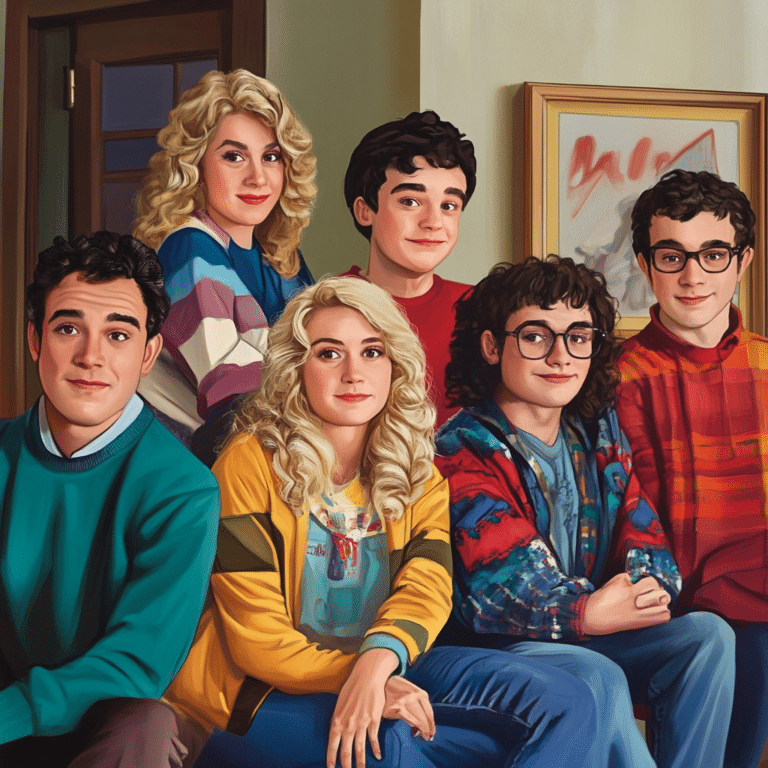Ah, “putain!” A little word that packs a big punch in the French language. If you’ve ever spent time in France or just watched some French films, you probably know this word. Translated to “whore” or even “fuck,” “putain” has become the Swiss Army knife of French expletives. It’s versatile, colorful, and sometimes shocking. So, what’s the real story behind this expressive term? Buckle up, because we’re diving into the wild world of “putain”!
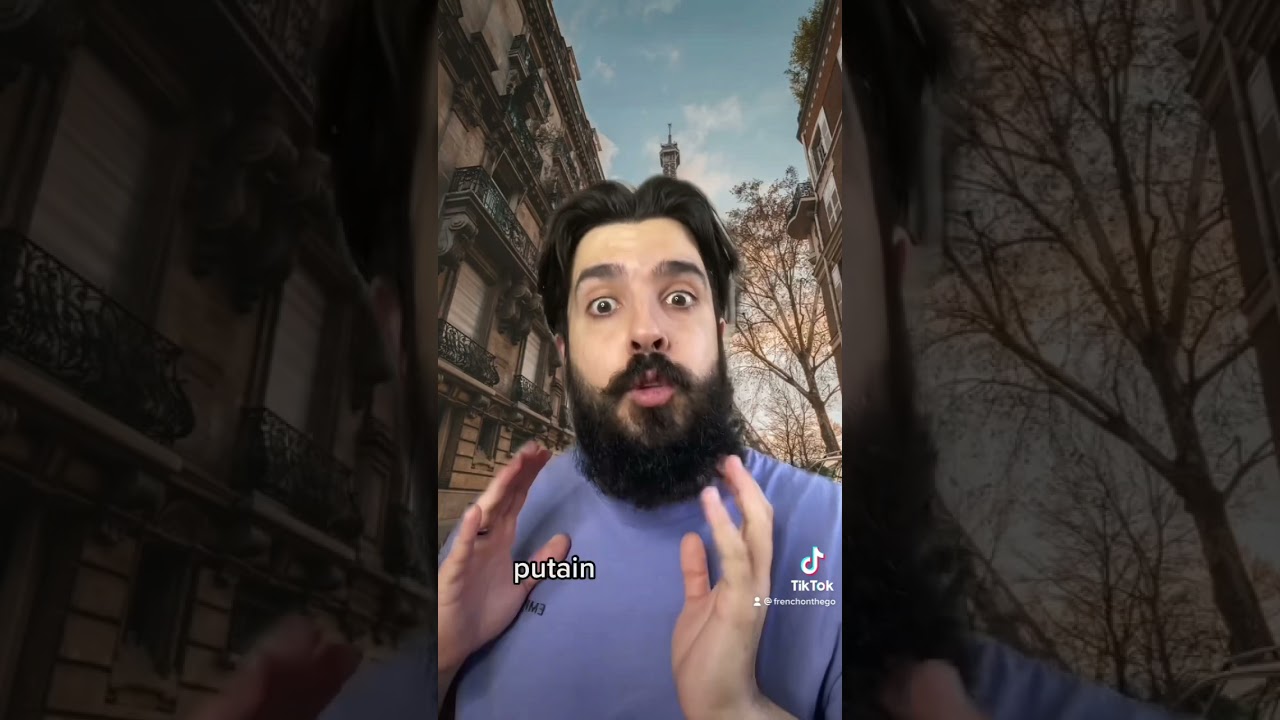
1. The Linguistic Evolution of Putain
“Putain” has gone through quite a transformation. Once upon a time, it pointed a finger of disdain at sex workers. Now? It’s practically a staple in everyday French speech! A classic example would be someone exclaiming, “Putain, il pleut encore!” (Damn, it’s raining again!). Linguists have traced this evolution, suggesting that we’re seeing an increasing acceptance of colorful language as a way to express emotions in French culture. One quick note: although people may have initially been shocked by its flamboyance, contemporary speakers are just rolling with it.
Old-fashioned speakers may cluck their tongues at this linguistic shift, but let’s face it—emotions need to be expressed, right? “Putain” is a go-to word for relaying frustration, surprise, or even excitement. Need to vent? Say it loud!

2. Putain in Popular Culture
When you watch French films and TV shows, “putain” isn’t just another four-letter word; it’s like salt in a stew, enhancing the flavor of dialogues. Take “La Haine,” for instance. The film captures the raw angst of disenfranchised youths in the Paris suburbs, and “putain” becomes a powerful symbol of their frustrations. Each utterance adds weight to the characters’ struggles, drawing the viewer in deeper.
But wait, let’s not forget about the delightful series “Dix Pour Cent” (Call My Agent!). Characters drop “putain” casually, making the dialogue pop with authenticity. It’s not just there for shock value; it reflects how ordinary people talk when they’re being real. No scripts needed; just a sprinkle of “putain” for that “I’m just like you” vibe!
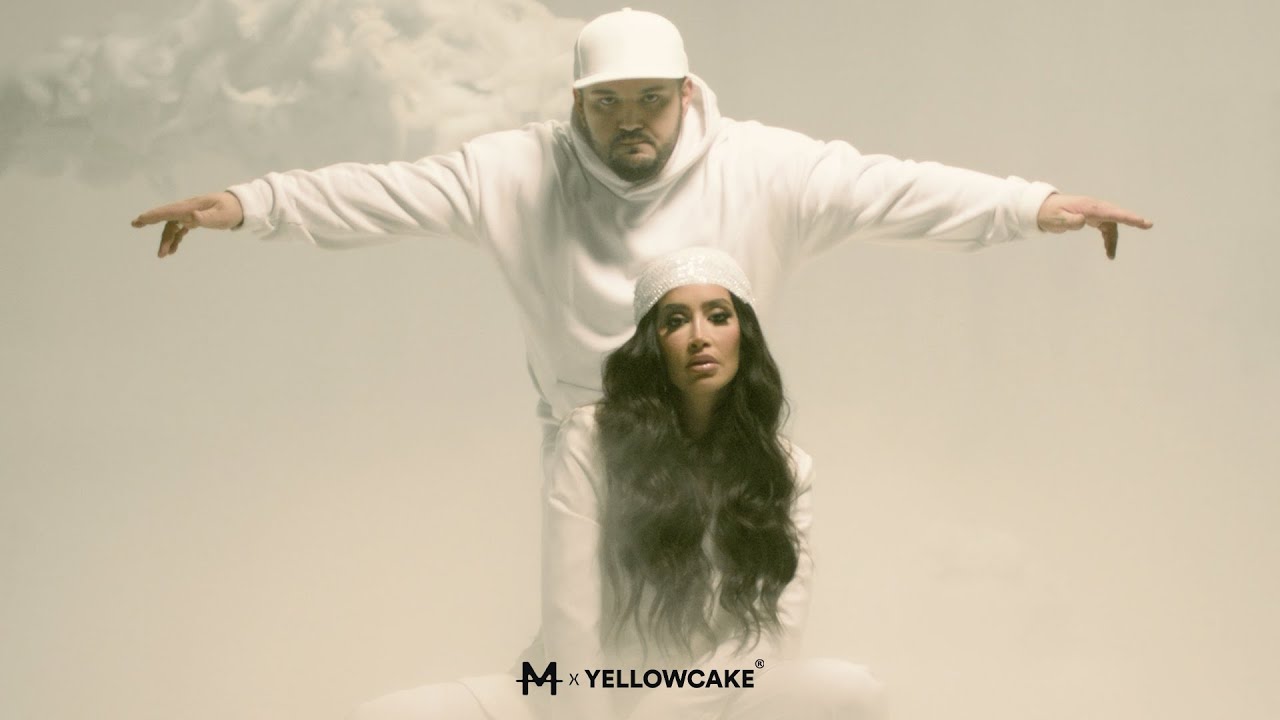
3. The Impact of Putain in Music
French music often elevates the mundane to the extraordinary, and “putain” plays a starring role. Artists like Orelsan aren’t just throwing it around for kicks. His track “Suivre” uses the term to convey urgency, desperation, and passion, resonating with younger audiences who can relate to street language.
Even in songs by PNL, “putain” becomes a narrative device that speaks volumes about societal issues. From love songs to rap anthems, this little word carries significant emotional weight. As listeners groove to these tracks, they’re not just vibing; they’re absorbing the nuances of societal challenges through a linguistic lens.

4. Putain and Its Global Perspective
You’d think “putain” would stay snugly within the confines of French culture, but alas—language is a globetrotter. As French pop culture continues its global invasion, words like “putain” sneak into conversations across borders. Ever caught a whiff of “Lupin”? Ah, the charm of the show’s lead, Omar Sy, comes with acknowledgments of “putain,” capturing what it’s like to juggle crime and charm in style.
This crossover isn’t just about the word itself; it opens discussions on how language shapes cultural identity. French slang isn’t so foreign anymore, and through “putain,” international audiences get a colorful glimpse into the essence of contemporary French life.
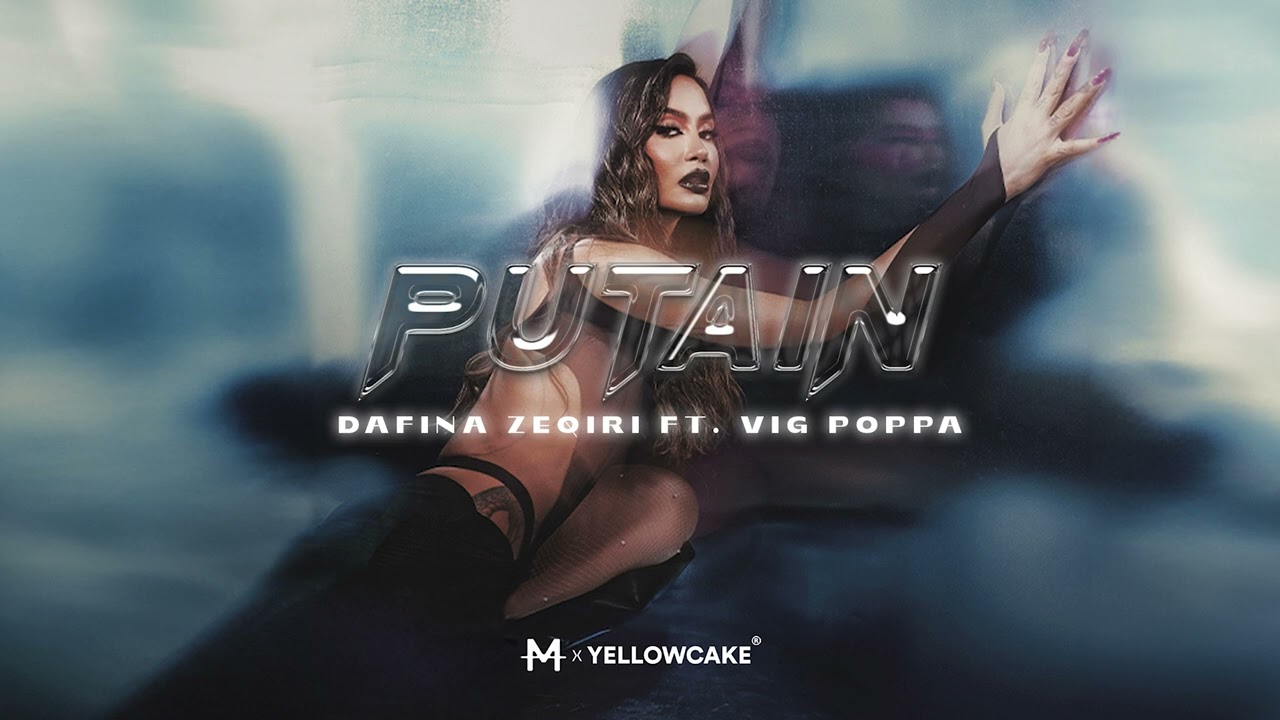
5. The Sociopolitical Connotation Behind Putain
“Putain” isn’t just a swear word; it’s a cultural touchstone packed with sociopolitical implications. Its roots run deep in discussions around gender, respect, and societal attitudes. Feminist movements in France have began to embrace the term, pushing for a reclaiming of its narrative. The once derogatory term is being transformed into a rallying cry for rights and respect.
Notably, during protests, activists have unapologetically vocalized “putain” to challenge patriarchal norms. It’s a powerful reclamation of language, turning an insult into a symbol of resilience. When people shout it out loud, they’re not just cursing; they’re making a statement.
6. Regional Variations of Putain
If you think “putain” is uniform across all of France, think again. This word dances differently, depending on where you’re located! In regions like Marseille, it might pop up in friendly banter—signifying camaraderie among pals. In Lille, though, it might have a different tone altogether.
This regional variety shows that context is king. One person might use “putain” in an endearing way, while another might hurl it out of anger. It’s fascinating how this one word adapts to its surroundings. Like a chameleon, “putain” provides a vibrant picture of how language can shift depending on locale.
7. The Future of Putain in Language
As we step into a more digital age, where has “putain” had its footing? Well, with social media platforms like TikTok taking over, the word’s presence could either die down or explode. Linguistic experts suggest a possibility of transforming “putain” into an even more casual catchphrase as young people adapt it for modern contexts.
Imagine scrolling through your feed and glimpsing cool posts punctuated with “putain”! Its essence might stay intact while its adaptations keep the meaning fresh and relevant. Whether it loses its shock factor or evolves into something entirely new, “putain” continues to be a conversation starter.
Conclusion
The multifaceted nature of “putain” reflects broader discussions about language, identity, and cultural evolution. Its roots in vulgarity might be shocking to some, but its adaptability offers a fascinating insight into societal values and shifts. From its vibrant presence in films and music to the more significant conversations about gender equality, “putain” serves as a mirror of human experience—showing us just how powerful a word can be in shaping our realities.
So, whether you’re saying “putain” in surprise, frustration, or affection, remember it’s more than just an expression; it’s a connection to a complex world filled with stories, emotions, and yes, a little bit of humor along the way!
Putain: The Shocking Truth Behind This French Vulgarity
A Word with a Colorful Past
You might be surprised to learn that “putain” isn’t just an everyday swear word in France; it has a rich history dating back centuries. Originating from the Latin word “putana,” meaning “prostitute,” it has evolved in its usage but remains intensely impactful. This word expresses frustration, disdain, or even excitement, much like how you might shout “Oh, my!” when you spot a particularly crazy moment in a game—like when a Jelly Mario scene gets hilariously chaotic! When used in conversation,putain” can turn a mundane statement into a colorful exclamation, capturing emotions instantly.
Cultural Significance and Pop Culture
In French culture, “putain” is so prevalent it’s even found its way into films and music. Notably, it’s a favorite of gritty characters—think of movies that stride through the underbelly of society. Everyone, from the Dirty Grandpa cast to modern rappers, has a moment where the word pops up in a way that resonates. Imagine a French street artist using “putain” as a punchline in a witty commentary about life; it sticks with you just like iconic Knicks Players who make a name for themselves with a single game-winning shot.
Let the Fun Flow
Did you know that “putain” isn’t just a word but an entire expression in the right context? It’s like letting out a sigh of relief or excitement depending on how you say it. You might hear it in everyday conversations, network discussions, and even casual strolls in bustling areas like Monroes Sf. Plus, it’s popular among the youth and sometimes used humorously to express surprise—imagine a relatable moment in a stand-up comedy show. Just as an Onan generator might power up your outdoor event,putain” energizes dialogue in unexpected ways. So, who knew such a small word could pack such a punch? It’s a reminder that language can be shocking, playful, and downright fun—all at once!

What does putain d amour mean in English?
Putain d’amour translates to “fucking love” in English, expressing a strong or passionate feeling toward someone or something.
How do you say WTF in French?
WTF in French can be expressed as “c’est quoi ce bordel?” which captures that same sense of confusion or disbelief.
What does zut alors mean in English?
Zut alors means “oh dear” or “goodness gracious” in English, showing surprise or frustration in a light-hearted way.
Is poutine a bad word?
Poutine isn’t a bad word; it’s a beloved Canadian dish made of fries, cheese curds, and gravy, though some folks might confuse it with the vulgarity “putain.”
What is the meaning of fou d amour?
Fou d’amour means “crazy in love,” describing someone who’s utterly infatuated or obsessed with another person.
What is the word rude in French?
The word for rude in French is “impoli,” which similarly conveys a lack of politeness or respect.
What does Etoile d Amour mean?
Étoile d’amour translates to “star of love” in English, often evoking romantic or affectionate imagery.







